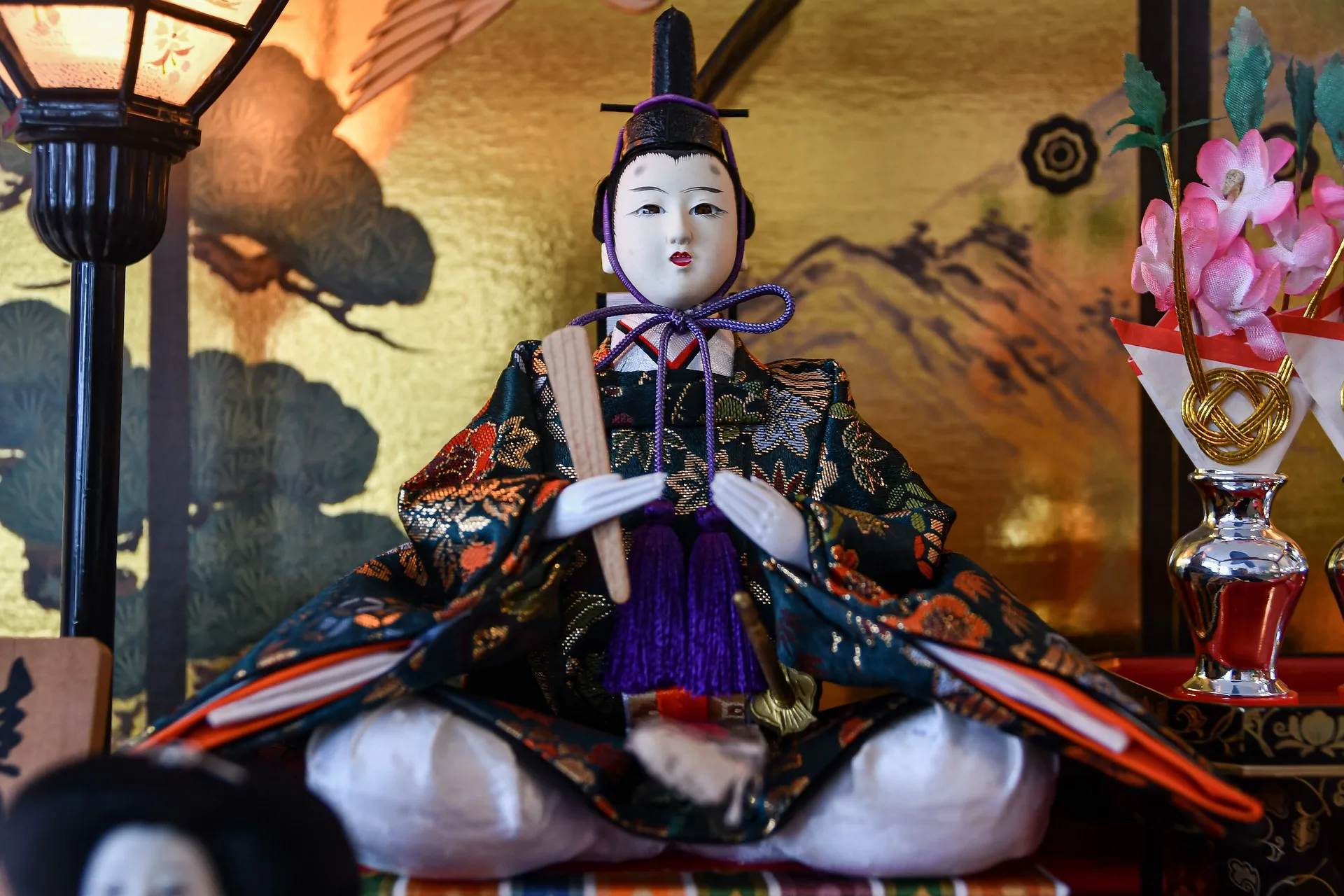Konnichiwa! I have come across a lot of interesting Japanese words and phrases. One such word that caught my attention was “aho.” I first heard this word from my Japanese friend during a conversation and was curious to know more about it. In this blog post, I will delve deep into what aho means in Japanese, how to use it in conversation, and the history of the word.
Affiliate Disclaimer: I only recommend products I would use myself and all opinions expressed here are our own. This post may contain affiliate links that at no additional cost to you, I may earn a small commission. As an Amazon Associate I earn from qualifying purchases.
What does Aho mean?
Aho is a Japanese slang word that is commonly used to refer to someone who is foolish, stupid, or silly. It is often used in a playful manner to tease friends or to express mild irritation. Aho is a versatile word that can be used in various contexts, including casual conversations and anime/manga.
Klook.comHow to Use Aho in Conversation?
The usage of aho in conversation can vary depending on the context and tone. It is important to note that aho is a slang word, and it is not appropriate to use it in formal settings. Here are some examples of how to use aho in conversation:
- Teasing a friend: “Aho! You forgot your phone again.”
- Expressing mild irritation: “Aho, can’t you be more careful with your things?”
- Playfully insulting someone: “Stop acting like an aho and focus on your work.”
It is worth noting that the tone and context play a crucial role in how aho is perceived by the listener. In a playful and friendly tone, aho can be taken as a joke, while in a serious tone, it can be perceived as an insult.
History of the Word Aho
The origin of the word aho is not clear, but it is believed to have originated from the Osaka dialect. It is said that the word aho was first used in the Edo period (1603-1868) and was initially used to refer to someone who is foolish or stupid.
Over time, the usage of aho spread to other regions of Japan and became a part of the Japanese slang vocabulary. In recent years, aho has become popularized in anime, manga, and Japanese pop culture, making it a well-known slang term among the younger generation.
Variations of Aho
Like many other Japanese words, aho has variations depending on the region and dialect. Here are some of the variations of aho:
- Baka (ばか) – Fool, idiot
- Shitsurei (失礼) – Rude, impolite
- Chikushō (畜生) – Dammit, bloody hell
- Dasai (ダサい) – Uncool, lame
While these words have similar meanings, their usage and connotation can vary depending on the context and tone.
How are Aho and Baka Different?
While the words “aho” (あほ) and “baka” (ばか) both mean “fool” or “idiot,” their usage differs slightly. “Aho” is more commonly used in Kansai dialect, whereas “baka” is the standard term used throughout Japan. However, it’s important to note that these words are often used playfully among friends and not intended to be genuinely offensive. There are other slang words and phrases to navigate as well, some having multiple expressions.
What is Aho Girl?
You may be familiar about the Aho Girl anime series. Now does the name make sense? Aho Girl is an anime comedy about a girl named Yoshiko Hanabatake who, not coincidentally, is considered to be an idiot.

Planning a trip to Japan?
Wrapping it Up
So, what does Aho mean in Japanese? Aho is a slang word that is commonly used in Japanese casual conversations to refer to someone who is foolish or stupid. Its usage has spread beyond its origin in Osaka dialect and has become a well-known slang term in Japan’s pop culture. Although aho can be used playfully or jokingly, it is important to be mindful of the tone and context in which it is used. As with any language, understanding the context and nuances of a word is crucial in avoiding misunderstandings and miscommunication.

